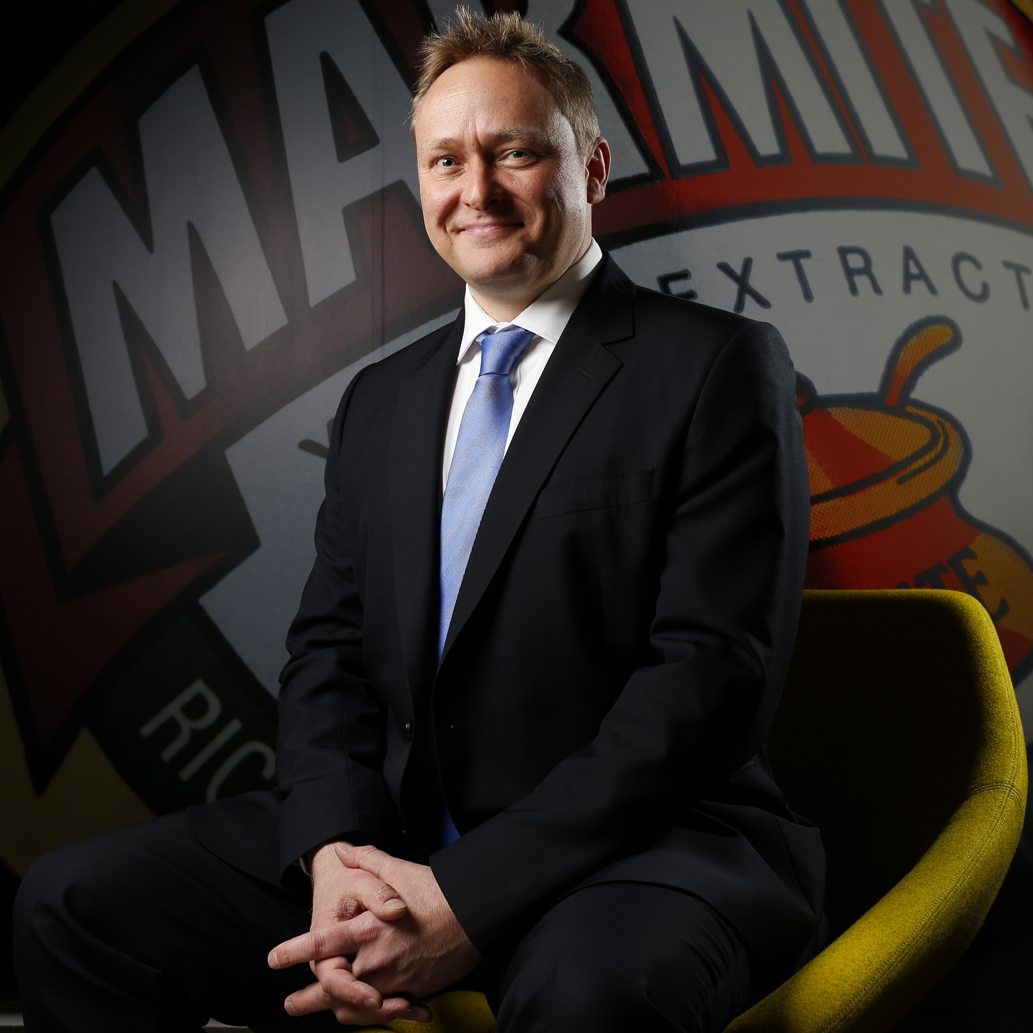
Miryco Consultants is working with a leading global asset manager, looking for an HR Business Partner for a 12-month maternity cover. This will be a
Miryco Consultants is working with a leading global asset manager, looking for an HR Business Partner for a 12-month maternity cover. This will be a
Miryco Consultants is working with a leading global asset manager, looking for an HR Business Partner for a 12-month maternity cover. This will be a